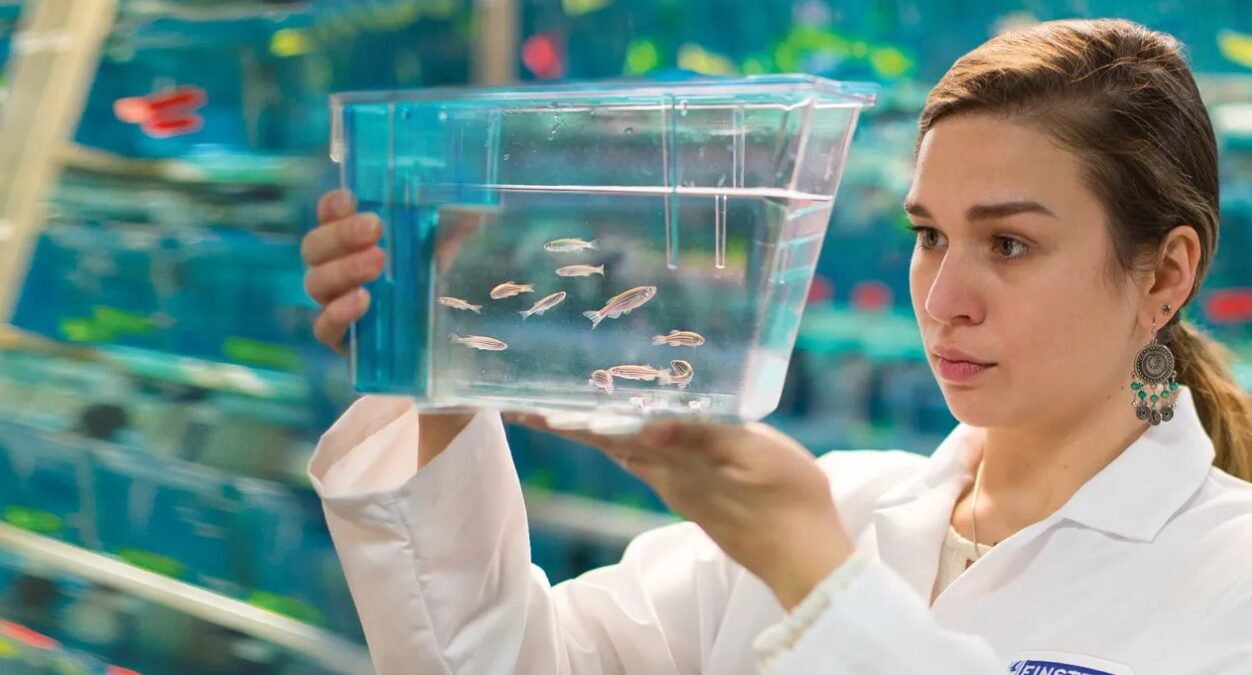Calls for Ukraine
Calls for Europe
Calls for USA

A clinical trial starting this month in Portugal will help find out. The five-year study, led by biologist Rita Fior of the Champalimaud Foundation, will be the first randomized trial in which patients will receive drugs pre-tested on zebrafish embryos that have been implanted with patients’ cancer cells. Retrospective studies have shown that so-called avatars (personalized models) of fish could identify successful treatments if they were created in advance, and now Fior and colleagues want to determine how beneficial this approach might be for patients.
Many other cancer avatars already exist – mice, fruit flies and cell cultures – all intended to serve as personalized testing systems to determine how therapies will affect patients’ tumors, but they all have their limitations.
Differences in patients’ tumors — genetics, metabolism, and growth potential — can make choosing the right cancer treatment a challenge for oncologists. Because several nearly equivalent options may be available, patients have to undergo one harmful therapy after another to find one that will help. Sometimes genomic analysis can help make the right choice, but even if a patient’s cancer carries mutations that indicate a particular treatment choice, there is no guarantee that the patient will respond to the therapy.
In search of a better alternative, Fior’s lab has been studying zebrafish avatars for nearly a decade. Researchers isolate cancer cells from a patient, label them with fluorescent tags in the lab, and transplant them into transparent zebrafish embryos that grow naturally outside the mother’s body. Cancer drugs or radiation can be added to the water where the fish live, and the fluorescent tumor cells can then be observed to determine whether the patient’s tumor would be sensitive to such treatment. Just as importantly, by demonstrating options that won’t work, avatars can spare patients from potentially toxic yet futile treatments.
In a report published in Nature Communications, the scientists described creating zebrafish avatars for a group of 55 patients and administering the fish the same type of chemotherapy the patients received. For 50 patients, the fish accurately “predicted” the outcome of the treatment. As an added benefit, avatars can also identify key characteristics of tumors, such as their likelihood of metastasizing.
Proponents of zebrafish argue that their avatars offer a unique combination of advantages. Like cell cultures, they produce rapid results – within 10 days – and time is of the essence for clinical decision-making.
Zebrafish are more similar to humans than cell cultures, and they are much cheaper to raise than mice. Small, transparent embryos are easier to analyze. You can look at the whole animal under a microscope and easily find metastases in its tissues.
When it comes to acceptance by oncologists, zebrafish avatars are still “swimming against the tide.” Doctors are still a bit resistant to working with the fish, but this research could be revolutionary if it proves additional value for a group of patients for whom further options are unclear.
Please rate the work of MedTour
